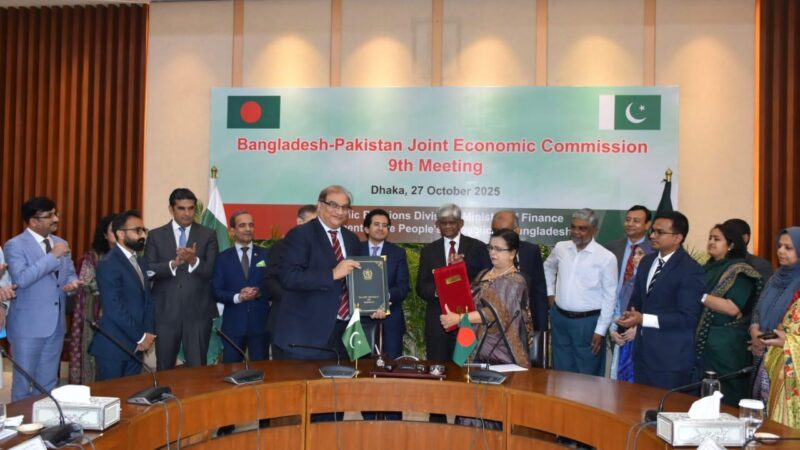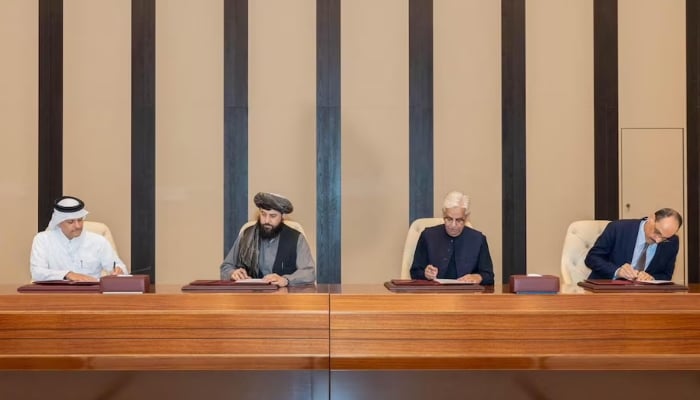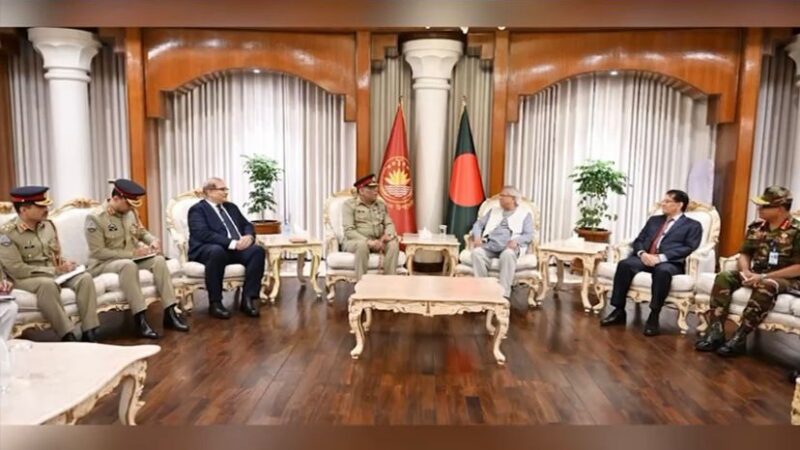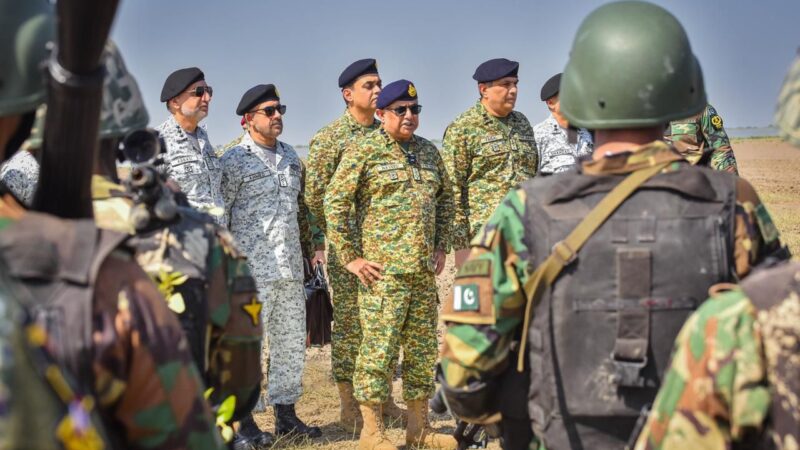By Khawaja Hamza
Islamabad – After four days of high-level talks in Istanbul, Pakistan’s efforts to secure actionable commitments from the Afghan Taliban regime on cross-border terrorism have ended in disappointment. The dialogue, facilitated by Qatar and Türkiye, focused on Pakistan’s repeated demands for Afghan Taliban action against terror groups using Afghan soil as a base for attacks in Pakistan.
Since the Taliban assumed control in Kabul, Pakistan has engaged repeatedly with the regime over the activities of Indian-backed groups such as Tehrik-i-Taliban Pakistan (TTP) and Baloch Liberation Army (BLA). Despite written commitments under the Doha Agreement, Islamabad says the Afghan authorities have failed to curb anti-Pakistan operations.
Speaking on the outcome of the Istanbul talks, Pakistani officials emphasized that while the Afghan Taliban delegation acknowledged the evidence of terrorist activity and Pakistan’s legitimate concerns, they offered no firm assurances. According to Pakistan, the talks were marred by deflection and blame-shifting rather than concrete action plans.
“Pakistan has long sought peace and prosperity for Afghanistan and has engaged in countless rounds of dialogue, but unfortunately, the Taliban regime has remained indifferent to Pakistan’s losses,” the statement read. Officials noted that Pakistan’s patience, tested over four years of attacks and incursions, has now reached its limit.
Despite the lack of progress, Pakistan expressed gratitude to Qatar and Türkiye for their facilitation efforts. Islamabad reaffirmed that protecting its citizens from terrorism remains a top priority and that it will continue all necessary measures to eliminate terrorist sanctuaries and networks threatening its security.
The failed talks underscore the persistent challenges in Pakistan-Afghanistan relations, highlighting the complex regional dynamics involving terrorism, proxy groups, and the fragile peace process.





